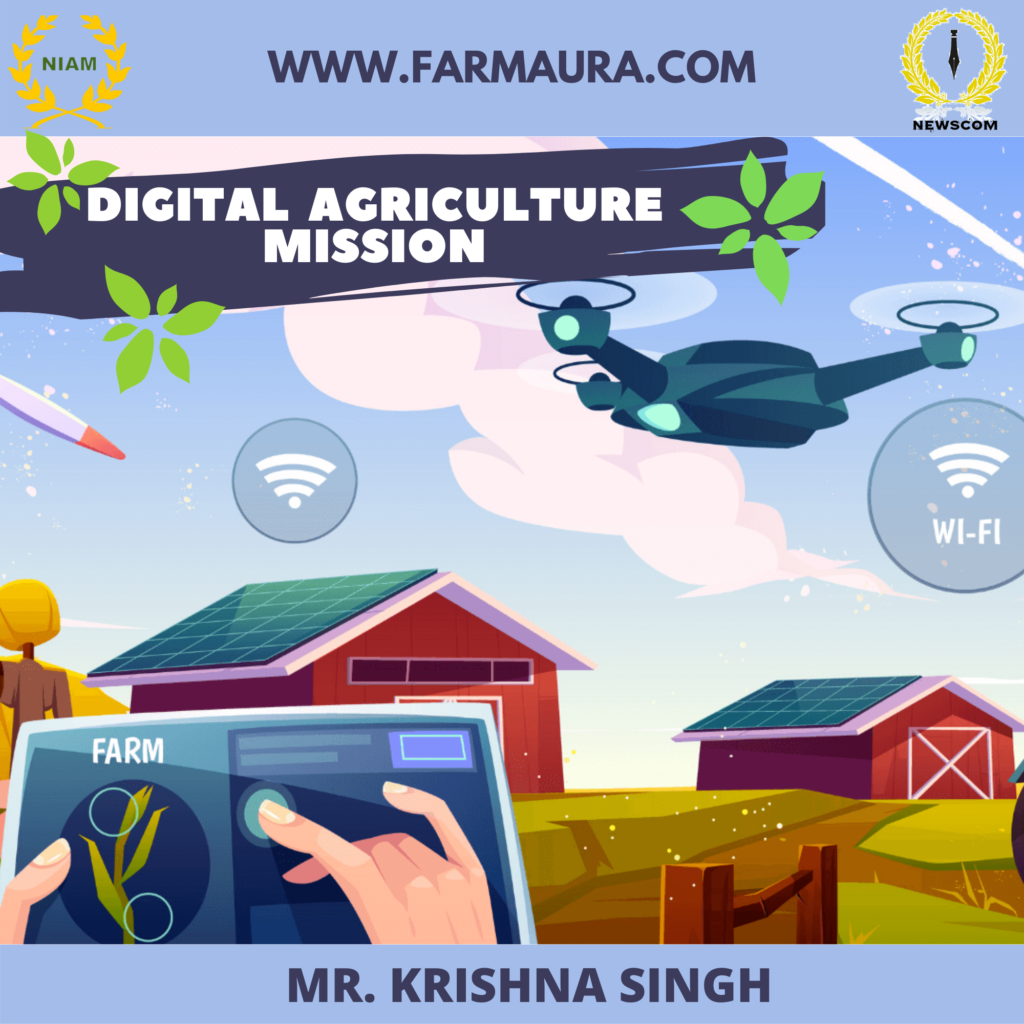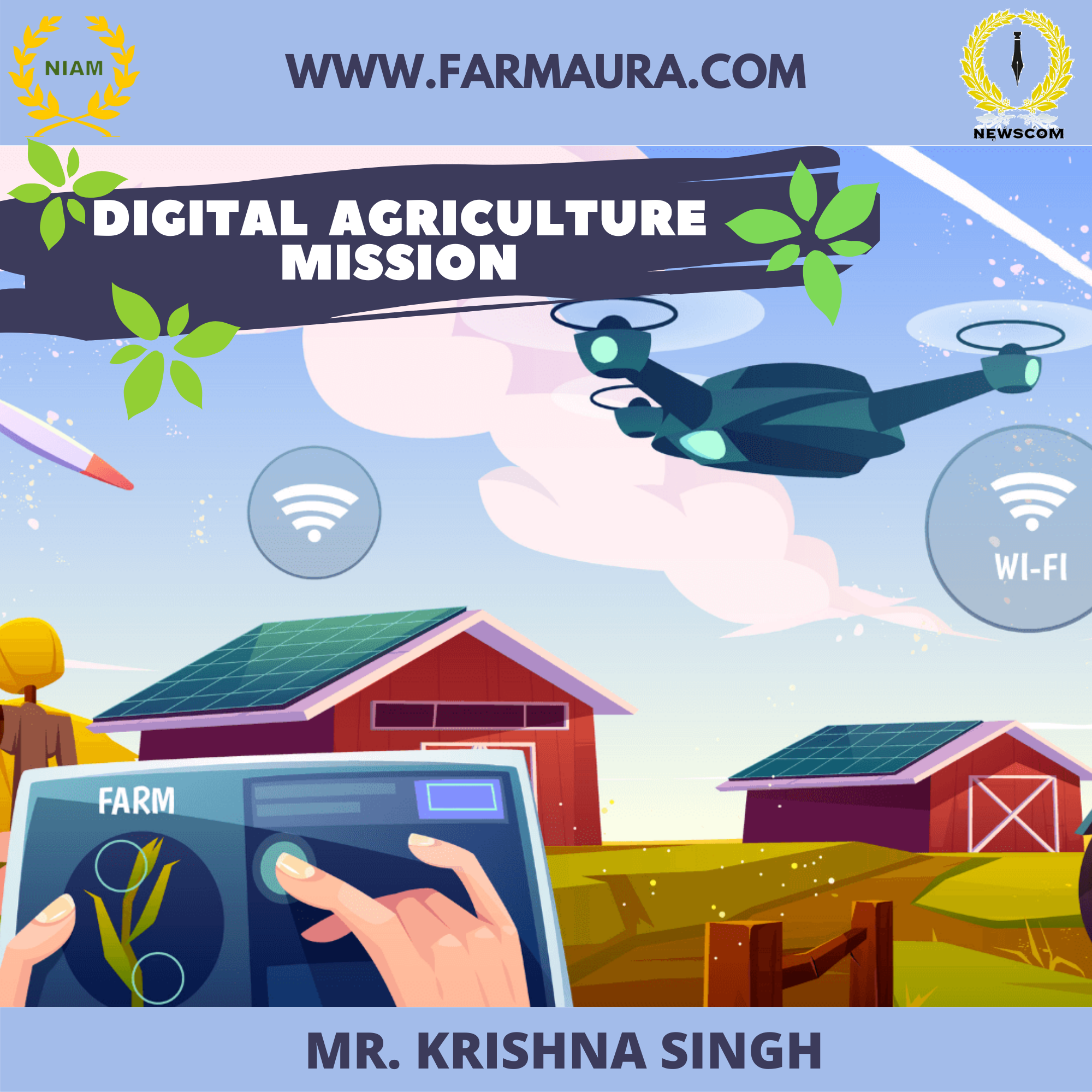
Science and technology, coupled with improved human capital, have been powerful drivers of positive change in the performance and evolution of smallholder systems. – FAO, The United Nations
The use of information, communication technologies and data ecosystems to support the development and delivery of timely, targeted information and services to make farming profitable and sustainable while providing safe, nutritious, and affordable food for all is called digital agriculture. Recognizing the importance of digitization in agriculture, the Department of Agriculture & Farmer Welfare (DoAFW) is developing a federated farmers database and other services based on this database to create digital agricultural ecosystems.
The Consolidated Farmers Database will be linked with land records from farmers across the country to generate a unique farmer identity. The information on all benefits and supports of various schemes of the Central and State Governments may be preserved in this unified database for all farmers and be the source for obtaining information for delivering advantages to farmers in the future. Agriculture will continue to modernize itself by incorporating new technology (Artificial Intelligence, Internet of Things and Agri-drones for unmanned aerial surveying) that will allow farmers to boost their revenue.
Recently, The Ministry of Agriculture and Farmers Welfare has inked five Memorandums of Understanding (MOUs) with private enterprises to advance Digital Agriculture. These pilot programs (Part of Digital Agriculture Mission) will use the National Farmers Database, which currently has 5.5 crore farmers identified through existing national schemes.
GOI inked MOUs for pilot projects with Jio Platform Limited, Ninjacart, CISCO, ITC Limited, and NCDEX e-markets Limited (NeML). Farmers will be able to make educated decisions about what crop to produce, what kind of seed to use, and what best practices to employ to maximize production based on the results of these pilot projects. Agriculture supply chain participants may organize their purchases and logistics based on accurate and timely information. Farmers can make proper decisions about whether to sell or store their produce, when, where and at what price.
- The Mission aims at improving farmer productivity and profitability by reducing information gaps and increasing the productivity of various equipment. It can also help free up the extra labor force from the agriculture sector.
- The use of technology will aid in the provision of localized solutions and personalized suggestions to the agricultural community based on their specific needs.
- Precision agriculture (PA) approaches, in which inputs are used in exact quantities to achieve high average yields compared to traditional agricultural techniques such as agroforestry, intercropping, crop rotation, etc will help in reducing the wastage of resources and enhancing crop productivity.
While it is beneficial to use technology to address agricultural issues, there is a need to address challenges such as the digital divide and privacy Concerns about data privacy and consent, particularly in the lack of data protection legislation (The Personal Data Protection Bill, 2019) is currently still with the Joint Parliamentary Committee) will result in the exploitation of the farmer’s data by private players. For instance, A unique FID, or farmers’ ID, is intended to be produced through cross-linking with Aadhaar and associating it with the land records database. A user can access almost the entire universe of a farmer’s activities with a single click using the FID. If these issues are solved effectively, Digital Agriculture Mission can help address challenges faced by the Indian agriculture sector and achieve objectives, like doubling farmer incomes and sustainable development.




